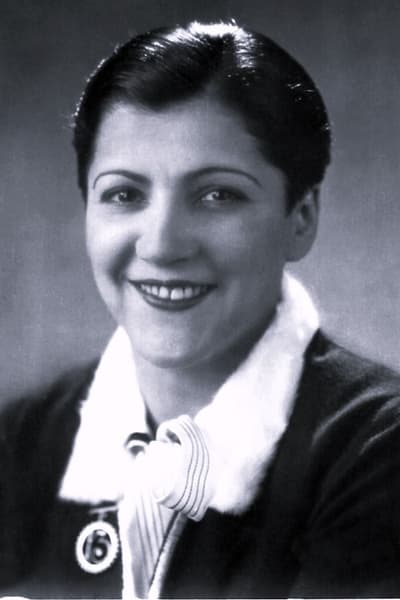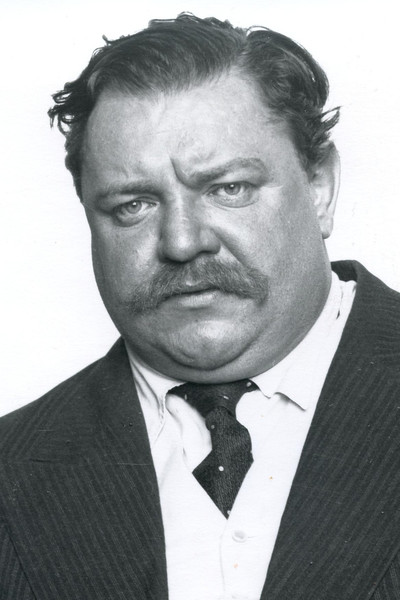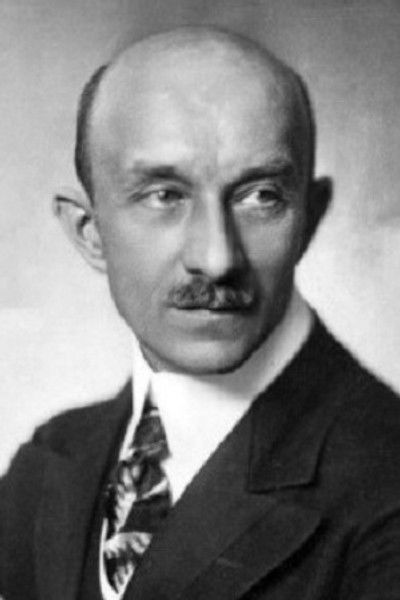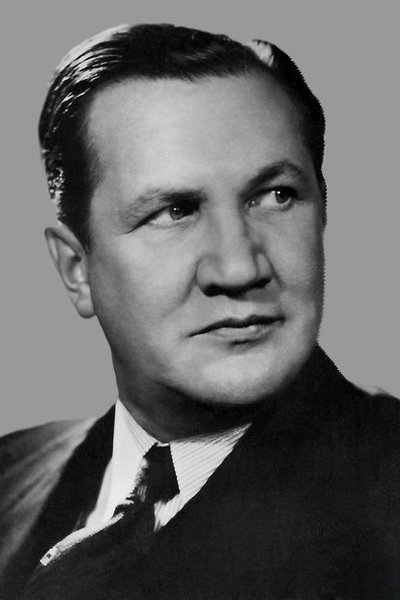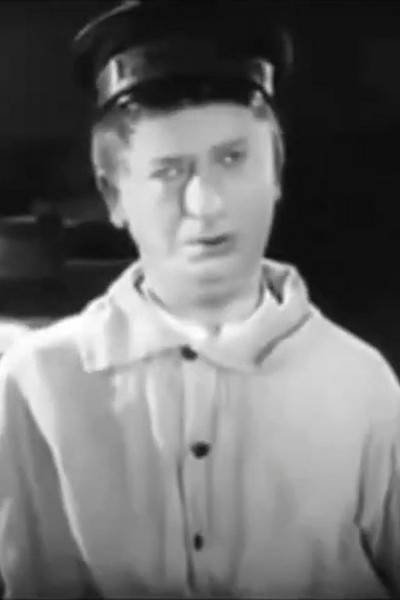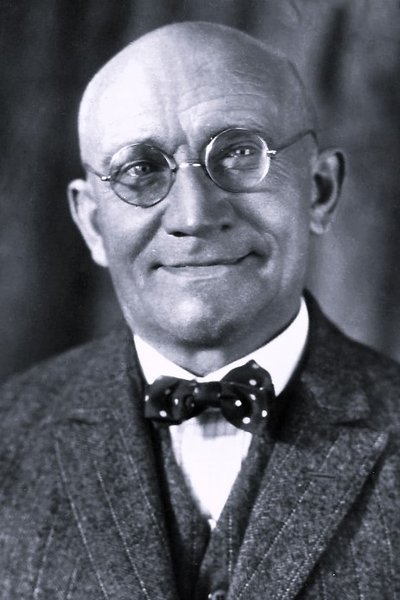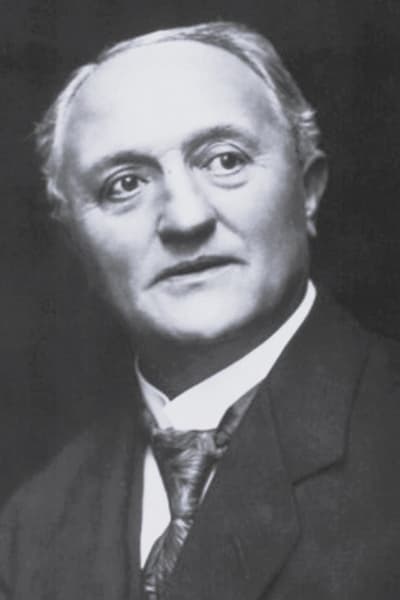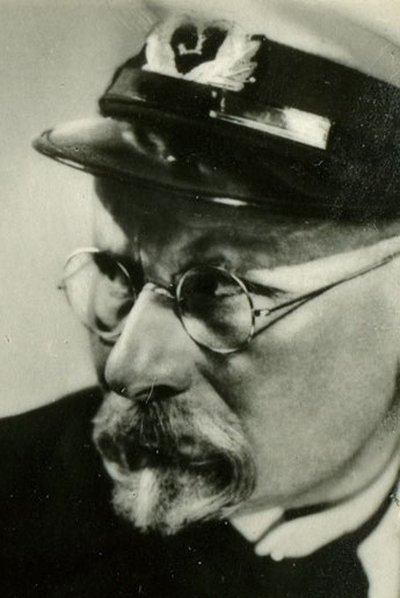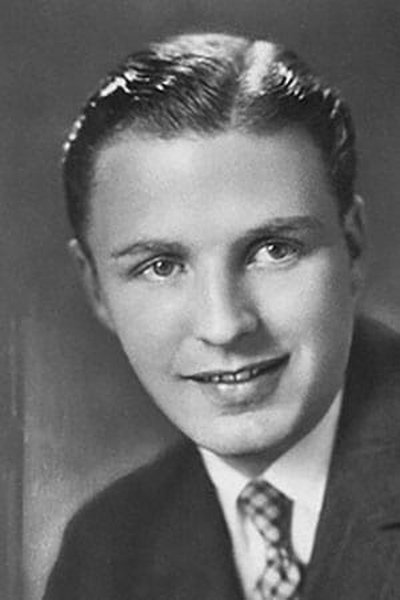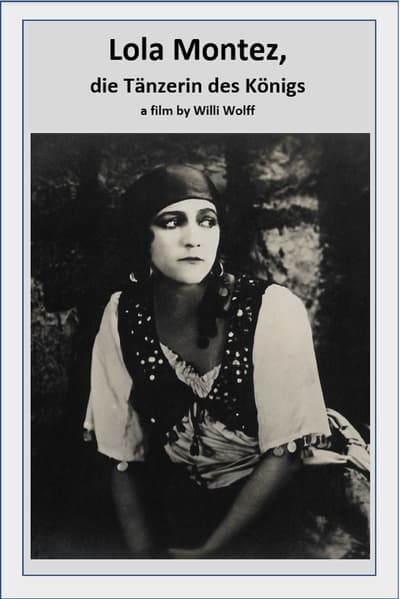
Lola Montez, the King’s Dancer
Deviating from the historical facts, Lola is introduced as a young Spanish “Gypsy” who becomes involuntarily embroiled in an attempt to poison the Infante of Spain (a short but splendid cameo by Heinrich George). As a result, she has to flee the country, arriving first in Italy, where she is taught how to act like a lady. Later, in Paris, she is invited to dance at the city’s prestigious opera house, becoming a worldwide sensation. She then becomes secretly involved in a revolutionary plot by Louis Napoléon, the future emperor of France. When the plot fails, Lola is once again forced to flee, this time to Munich, where she captures the attention of Ludwig I. Their ensuing affair arouses a great deal of hatred among the people and the establishment, however. In the end, Lola has no choice but to leave again, and vanishes into the night mist.

Storyline
Deviating from the historical facts, Lola is introduced as a young Spanish “Gypsy” who becomes involuntarily embroiled in an attempt to poison the Infante of Spain (a short but splendid cameo by Heinrich George). As a result, she has to flee the country, arriving first in Italy, where she is taught how to act like a lady. Later, in Paris, she is invited to dance at the city’s prestigious opera house, becoming a worldwide sensation. She then becomes secretly involved in a revolutionary plot by Louis Napoléon, the future emperor of France. When the plot fails, Lola is once again forced to flee, this time to Munich, where she captures the attention of Ludwig I. Their ensuing affair arouses a great deal of hatred among the people and the establishment, however. In the end, Lola has no choice but to leave again, and vanishes into the night mist.
